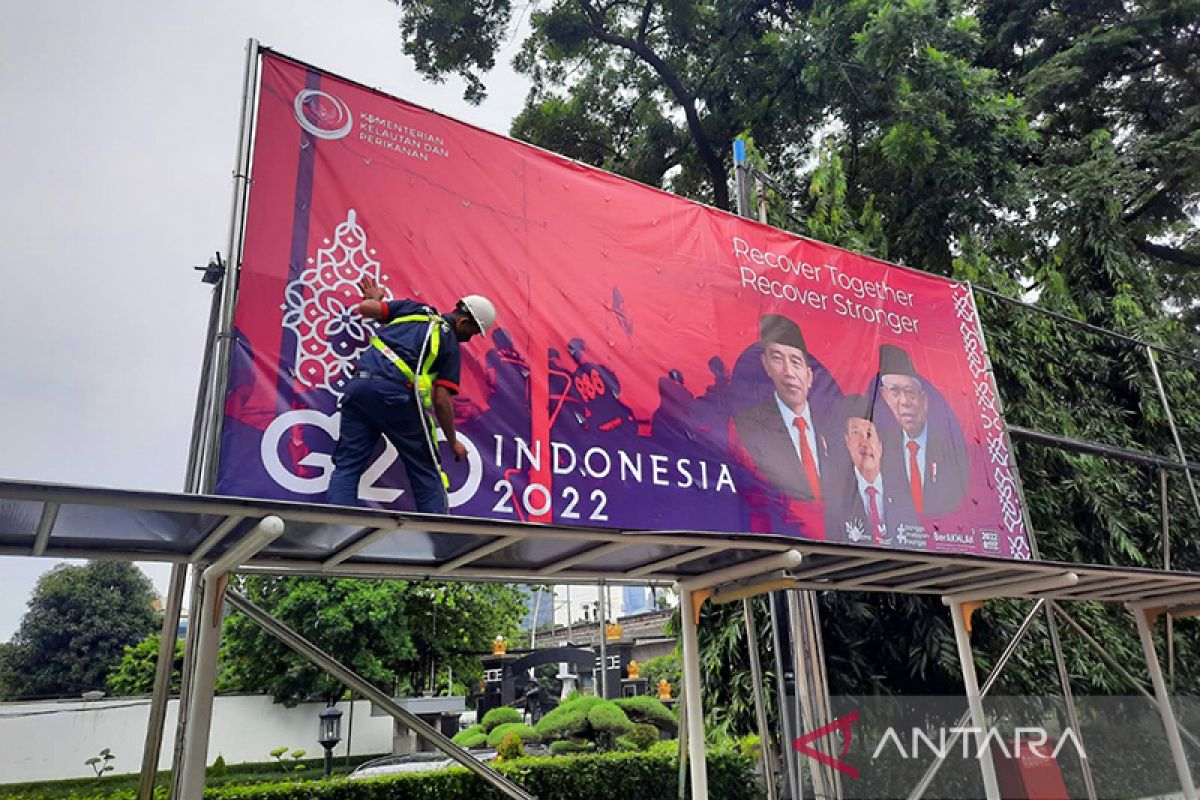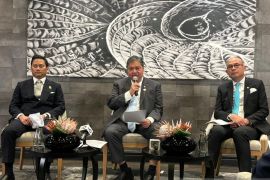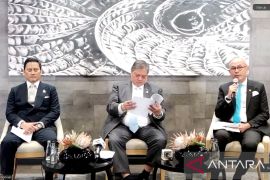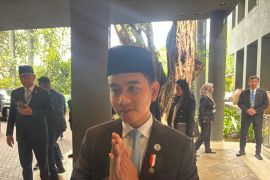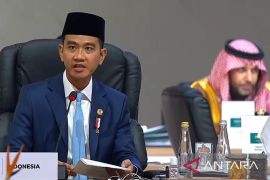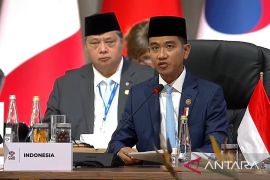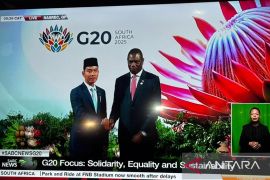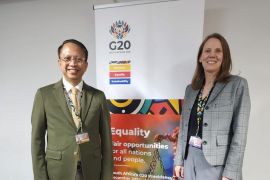C20 calls on G20 leaders to reaffirm their commitment to leaving no one behind during the current transition period of the post-pandemic world that has seriously impacted people across the globe, especially citizens of poor and developing countries, the Group noted in a written statement received here on Friday.
C20 provides a platform for Civil Society Organizations (CSO) around the world to voice the people’s aspirations with the world’s leaders in the G20. The C20 engages more than 800 civil societies' representatives and networks from various countries beyond the members of the G20.
According to the group, the Indonesian G20 Presidency holds the fate of people worldwide, including the poor from lower- and middle-income countries.
"The pandemic has pushed at least 20 million people into extreme poverty. This is on top of 82.4 million people, who were forcibly displaced and 161 million people, who have to suffer from acute food shortages. We need to question whether G20 has heard the voices of the people to address the multidimensional crisis worldwide," it stated.
C20 emphasized that business as usual is no longer workable to cope with the challenges of increasing global systemic risks. The interlinkages of health and economic crisis, social conflict and environmental devastation and climate change hamper the realization of global development and exacerbate the gaps in access to resources and inequalities among countries while dealing with post-pandemic recovery.
Hence, C20 has encouraged the Indonesian G20 Presidency to represent developing countries and the power of the global south as well as deliver an agenda that closely impacts the daily lives of people.
Moreover, the G20 policy-making process could have been more transparent. Implementation of commitments remains a challenge and priority issues continue to be discussed without sufficient inputs from groups that are most affected by the recommended policy outcomes.
"We call on G20 countries to match their rhetoric with action and meaningfully deliver on their pledges, as the world has waited too long for this kind of leadership,” Coordinator of the C20 Anti-Corruption Working Group Dadang Trisasongko stated.
The pandemic has caused setbacks for vulnerable groups, as 1.6 billion learners and 73 percent of the youth aged 18-29 years had been impacted by the post-pandemic circumstances to access the quality of learning for education, training, and employment in 112 countries, according to C20.
Particular attention should also be given to girls, students with disabilities, those in disaster areas that are facing double hazards, and other marginalized children and youth, it said.
In addition, the education sector still encounters a digital gap. Learners with no or limited access are still left behind, and this issue remains unsolved. As the quality of education deteriorates, and digitalization processes have accelerated the transformation of the job market, young people will hardly adapt to the future of work, given the "skills gaps."
Amid the alarming democratic setback that the world is facing today, the G20 Presidency must also give serious attention to the issue of civic space.
Hence, C20 draws attention to the global shrinking space phenomenon that affects civil freedom in all countries.
"Among the G20 members, only two countries are in the open civic space. Meanwhile, the rest, which represent more than half of the world population, are either narrowed, obstructed, repressed, or closed," the C20 Civic Space Sub-Working Group Coordinator Gita Damayana stated.
The C20 Vaccine Access and Global Health Working Group reminded G20, as the 20 largest economies, that any legitimate decision will influence and impact the global community.
The Financial Intermediary Fund (FIF) promoted by the G20 should focus on addressing existing inequalities to prevent future pandemics by prioritizing right-based, transformative, and people-centric approaches.
The governing body of FIF needs to represent strong representative countries from Low-Income Countries (LICs) and Low and Middle-Income Countries (LMICs), as well as communities and civil society.
Related news: C20 calls for more transparent policy-making
"The Indonesian G20 Presidency must be able to resolve social, economic, health, environmental, humanitarian, and education issues through adequate and quality development and humanitarian financing. Equally important, there should be no delay in achieving SDGs, ending corruption, fighting for sustainable finance and tax justice, assisting debt settlements in poor countries and gender equality. Many people in the Low & Middle-Income Countries (LMICs) are relying upon the G20 leadership," Chair of C20 Sugeng Bahagijo remarked.
In doing so, he deemed it important to urge G20 to listen to the voices of the people, to be transparent in the policy-making processes and generate policies that adopt a rights-based approach to lessen international development disparities and global economic recovery gaps that prioritize vulnerable groups, women, children, youth, people with disabilities, migrant workers and people at risk of economic instability, inequality and climate crisis.
Lastly, the C20 calls on G20 Leaders to give greater attention and draw concrete actions to overcome the daily grassroots’ issues.
"The openness in involving and engaging with civil society in every G20 process determines whether or not the G20 has taken into its consideration the aspirations and voices of the citizens of the world," the civil group stated.
Related news: C20 asks leaders to pay attention to civil society issues
Reporter: Yuni Arisandy Sinaga
Editor: Rahmad Nasution
Copyright © ANTARA 2022
